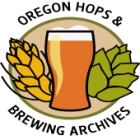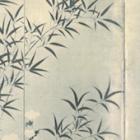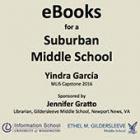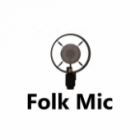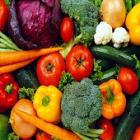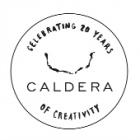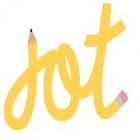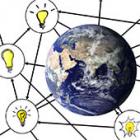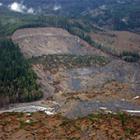
TellToo
TellToo focuses on the journey we take as individuals to find meaning, purpose, and fulfillment in life. For many of us, technology has changed the way we socialize. Platforms like Facebook, Twitter, and YouTube have pushed social interactions to shorter, less personal, and more trivial exchanges. This has left certain core elements of socialization in the dust. Our project focuses on modernizing those elements and building a platform that delivers a more human centric method of sharing and connecting. Our mobile application allows users to tell stories through audio recording and visually navigate chains to naturally related stories.

